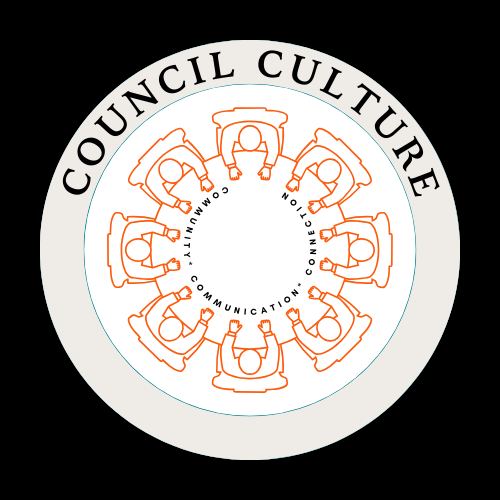The Power of Humour, Emotion, and Storytelling in Council Comms
We are oversaturated with content, facts alone won't cut through. People scroll, skim, and switch off. What makes them stop, feel, and remember? Emotion. Humour. Storytelling. These are not just marketing tools, they are the heartbeat of meaningful communication.
And yet, council communications can feel heavy, dry, or overly formal. Understandably, councils handle serious issues. But seriousness doesn't have to mean dullness. When we let a bit of humanity in, we become more relatable, more trusted, and more effective.
Facts Tell, Stories Impact.
If you say, "We are launching a new climate strategy," people might nod and forget it.
If you say, "Malcolm has been walking a mile to water new trees during these hot summer months. He says it reminds him of his dad, who taught him to care for the land," people connect.
Stories create emotional resonance. They help residents see themselves in the work. They are more likely to share, support, and remember what you say.
Humour Builds Trust
Humour, especially when self-aware or lighthearted, disarms defensiveness. It says, "We're human too."
A social media post that shows photos of dog waste bins being misused could headline ‘Does this look like poo to you?’
A newsletter intro that starts with "We survived the budget meeting (just)" makes your council feel accessible. That accessibility builds trust.
Emotion Drives Action
People act when they care. And people care when they feel something.
When promoting events, don't just list what's happening. Help people picture a moment:
- "Remember the last time you danced with your gran? Join us on the High Street for a day of joy, memory, and music." This technique doesn't require manipulation. It requires empathy. If we want people to attend, support, or volunteer, we need to connect the 'why' to something that matters to them.
Let Residents Tell the Story
User-generated content is powerful. Invite residents to share their memories, photos, or favourite spots in the community. Use their words in newsletters, social posts, or council reports.
Not only does this deepen engagement, it also reflects the diversity of voices in your area.
You don't need to be a comedian or a novelist to make council communications more powerful. Just let people feel something.
Let them smile. Let them remember. Let them see themselves in the story. Because when people feel connected, they feel like they belong. And that's the foundation of real
engagement.
—
